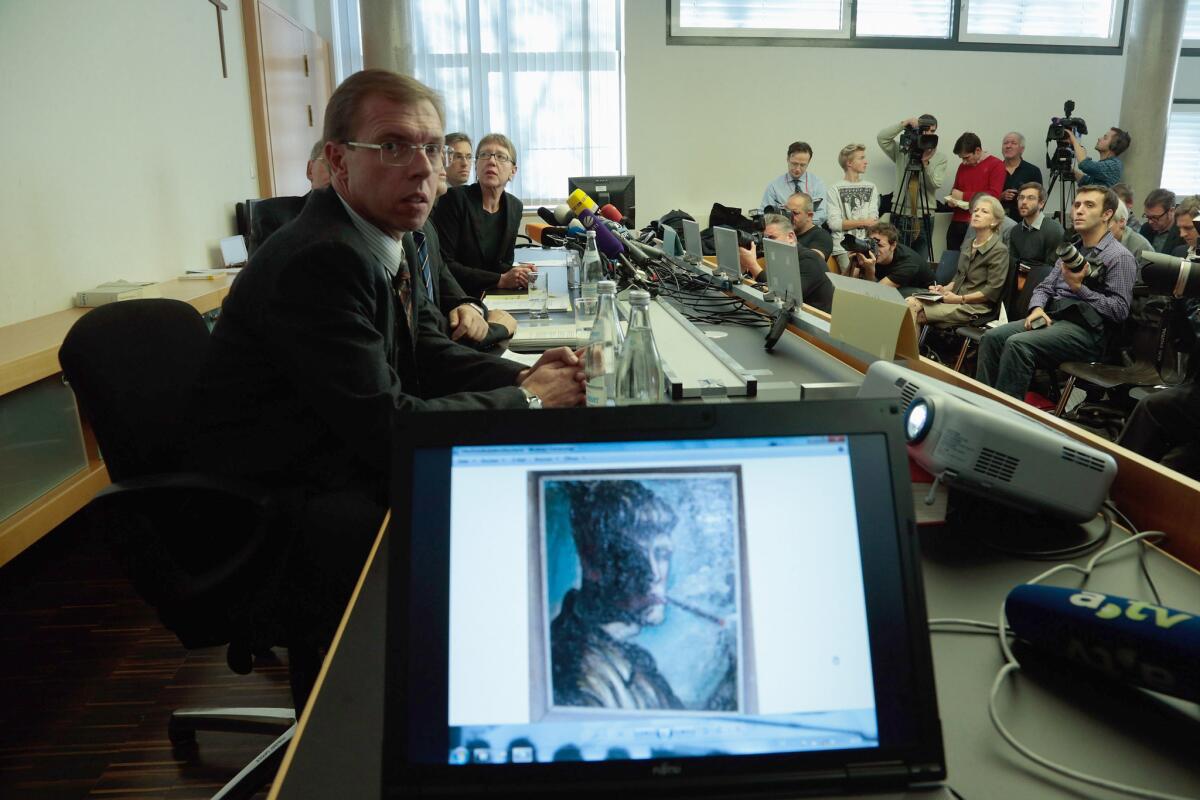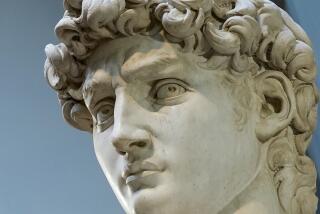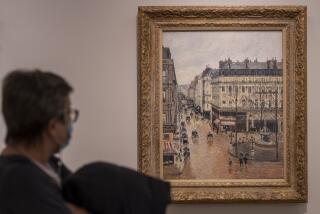Jewish group warns of lawsuits over Cornelius Gurlitt art trove

An international Jewish group has warned the Kunstmuseum Bern in Switzerland that the museum is opening itself up to an “avalanche” of lawsuits if it goes forward with accepting art from Cornelius Gurlitt, the late collector who hoarded works in his Munich, Germany, apartment.
Gurlitt, who died in May, had stashed about 1,200 pieces in his apartment and was suspected of being in possession of art looted by Nazi forces during World War II. The collector bequeathed art from his stash to the Kunstmuseum Bern.
In a recent article in the German news magaizne Der Spiegel, World Jewish Congress President Ronald Lauder warned the museum not to accept the art, saying that “it will open a Pandora’s box and unleash an avalanche of lawsuits.”
Lauder also told the publication that Germany needs to be more engaged in the exploration of looted art, including works that reside in museums, and that museums that “hide art downright” should be punished.
The World Jewish Congress is a nonprofit institution that represents Jewish communities and organizations in 100 countries around the world.
The Kunstmuseum Bern is expected to announce in the near future whether it will accept the Gurlitt art, Der Spiegel said.
German Culture Minister Monika Grütters told the publication that the government is still negotiating with the Swiss museum, adding, “I am convinced that we will come to a good and reasonable solution.”
Since the public revelation of Gurlitt’s previously hidden stash in 2013, German officials have begun the laborious job of authenticating the items, which include works on paper and paintings by such artists as Pablo Picasso, Gustave Courbet, Max Beckmann and Albrecht Dürer.
Families from around the world have already begun making claims on some of the art, saying that the pieces were seized from their ancestors by Nazis.
Twitter: @DavidNgLAT
More to Read
The biggest entertainment stories
Get our big stories about Hollywood, film, television, music, arts, culture and more right in your inbox as soon as they publish.
You may occasionally receive promotional content from the Los Angeles Times.







